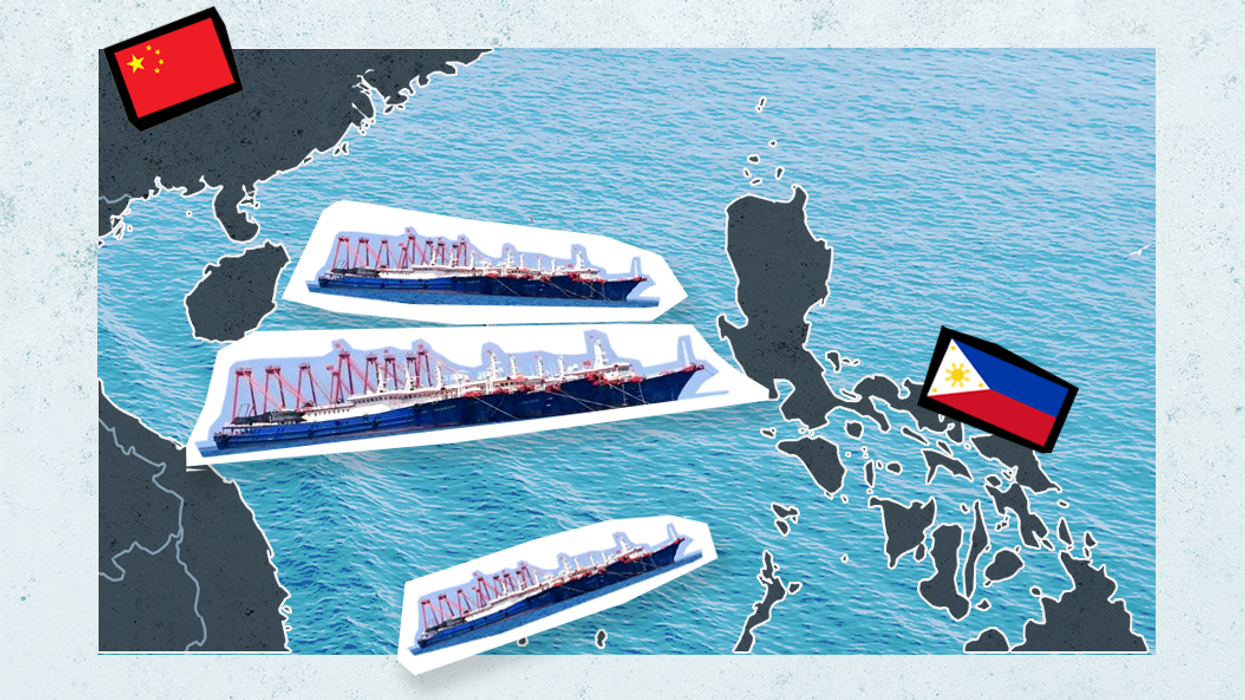Closing the Gap
Remittances We’re Watching: OFW superheroes, Central America flows, Ukraine war
How have political and economic factors impacted remittances to Central America and the Philippines in recent years? What has the war in Ukraine meant for remittance flows in Ukraine, Russia and throughout Central Asia?
Sep 30, 2022


